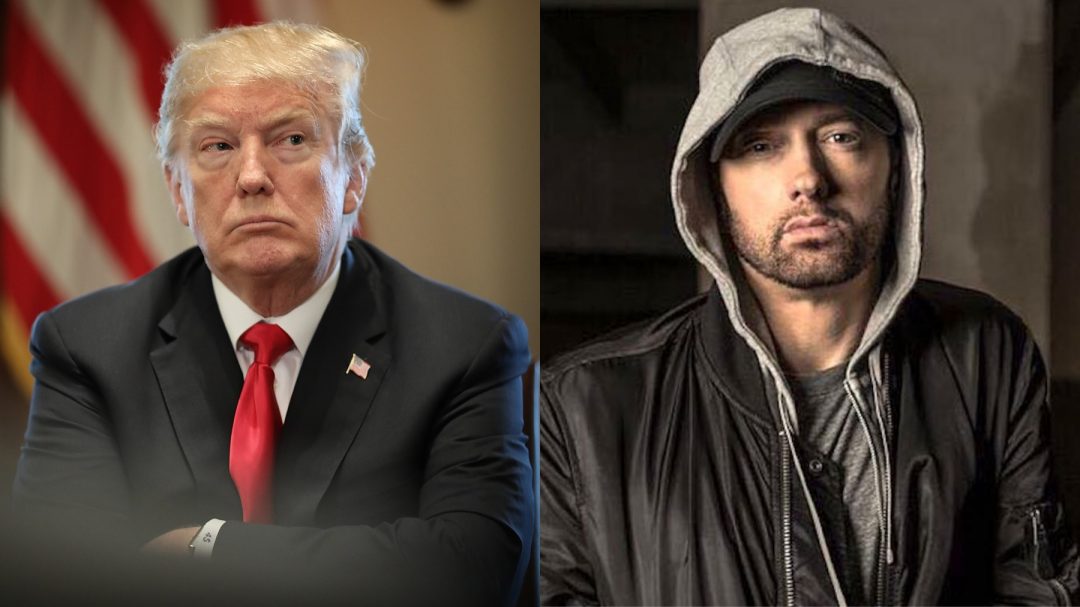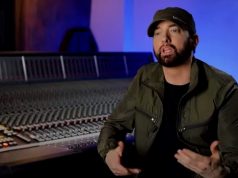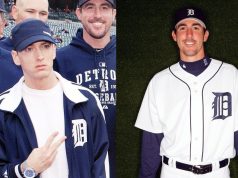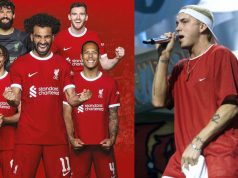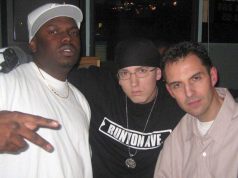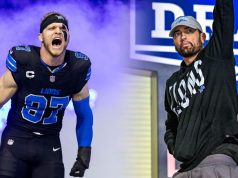Donald Trump’s legal team has introduced a surprising angle in his January 6 appeal, invoking what’s being dubbed a “rapper defense”.
In a bid to overturn a ruling that denied Trump presidential immunity, his attorneys argued that the former president’s rally speech on January 6, 2021, should be treated as protected political expression — just like controversial rap lyrics.
The lawsuit, filed in 2021 by Rep. Bennie Thompson and joined by ten other Congress members, accuses Trump and far-right groups of violating the Ku Klux Klan Act of 1871. This Reconstruction-era law was designed to protect federal officials from conspiracies aiming to disrupt their duties. The plaintiffs claim Trump incited the Capitol riot to prevent the certification of the 2020 election results.
After losing his initial attempt to dismiss the case, Trump’s lawyers appealed to the U.S. Court of Appeals for the D.C. Circuit, presenting a creative argument. They referenced the 2015 Supreme Court ruling in favour of a Pennsylvania rapper whose violent Facebook lyrics, inspired by Eminem’s music, were deemed protected under the First Amendment.
Citing Eminem’s infamous track “’97 Bonnie & Clyde”, Trump’s legal team highlighted how provocative lyrics, even those describing explicit violence, have been defended as artistic expression rather than literal intent. As Allhiphop.com reports, they argued that Trump’s rally speech, including phrases like urging supporters to “peacefully and patriotically make your voices heard,” falls into a similar category of misunderstood expression.
“Nothing in President Trump’s speech even came close to the far more incendiary language the Supreme Court has held to be protected as a matter of law,” his attorneys stated. They contended that Trump’s speech represented “strong protests against the government and prevailing social order”, warranting the highest level of free speech protection.
Eminem’s lyrics were referenced in a 2014 case involving a Pennsylvania rapper, Tone Dougie, who faced charges for posting a rap on Facebook about killing his wife. He was initially convicted of making terroristic threats, but the Supreme Court overturned the conviction in 2015, drawing on Eminem’s music as a precedent.
This unusual legal strategy underscores the broader debate over the boundaries of free speech, particularly when it intersects with politics or art. Whether the courts will buy the comparison remains to be seen, but Trump’s legal team has certainly made headlines with their creative defense.


